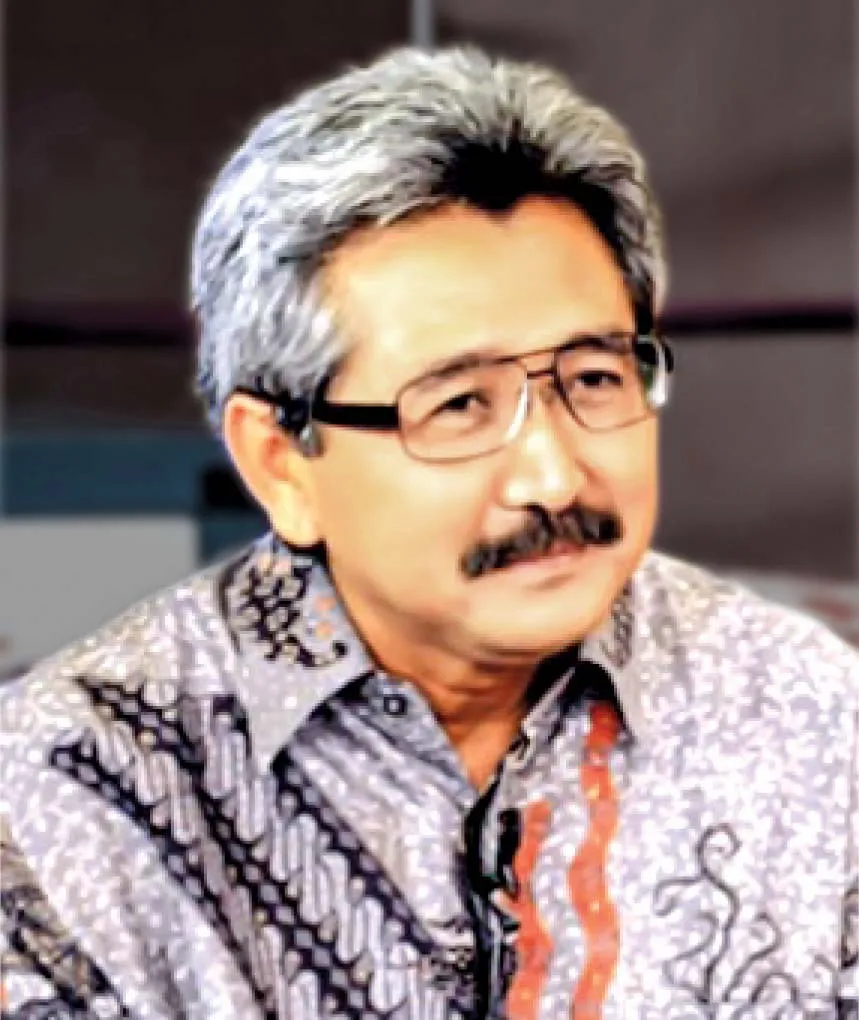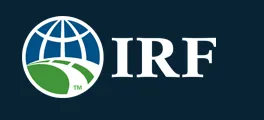An in-depth congress is being held in conjunction with the Intermat exhibition. Visitors to the show will be able to find out about the latest developments in sustainable road construction by attending this congress, which is being organised by the Committee for European Construction Equipment (CECE).
February 27, 2012
Read time: 4 mins
An in-depth congress is being held in conjunction with the Intermat exhibition. Visitors to the show will be able to find out about the latest developments in sustainable road construction by attending this congress, which is being organised by the 2440 Committee for European Construction Equipment (CECE).
Increasingly tough legislation on construction with regard to environmental protection issues means that the industry now has to keep a close eye on the environmental sustainability of projects and operations. However, there are new technologies and techniques that can provide a competitive advantage for many contractors and for many construction markets, according to the organisers.
The congress will be led by the chairman of the French committee of the World Road Association (AIPCR/3141 PIARC). It will feature speakers from equipment manufacturers, road builders and research institutes, highlighting the part all parties play in achieving more sustainable construction. The discussions will cover three main subject areas. One session will examine the carbon footprint of machines and technologies used in construction, from design and manufacture to end of life and the discussions will look at factors such as methods of disposal and efficient recycling. A session is being held on European certification of materials and traceability and this is aimed at contractors, road builders and producers. Safety standards and European regulations with regard to machinery will be the focus of the third session, which will include the issue of non CE-marked machines being sold in Europe, copying of European or North American designs in China, noise and exhaust emissions and vibration exposure for equipment operators.
There will be two identical sessions in Mezzanine Hall 3, giving visitors the opportunity to split their attendance across two days. The first session will be on Tuesday 22 April from 14:00 to 16:30 and the second will be on the Wednesday 23 April from 10:00 to 12:00. To ensure that people of different nationalities can follow the sessions and be involved, the presentations can be heard in three languages: English, French and Arabic.
The presentations will provide detailed information about the latest techniques and will explore topics including integration of environmentally-friendly materials into road construction and maintenance schemes. The congress will also explore how to build and maintain roads without contributing to the destruction of natural resources or causing ecological damage. This has become a challenge for equipment manufacturers, who must be able to address sustainable development issues, according to CECE. The seminar sessions will also examine factors such as equipment lifecycles, reduction of noise pollution and greenhouse gas emissions, the need for lower energy consumption and the preservation of resources including recycling.
The242 INTERMAT organisers are also making sure that the exhibition will help encourage new entrants to the construction industry, by providing a showcase for their skills. Students from Junior ETP will be presenting the range of services they offer to companies in the building, public works and related sectors. Junior ETP is a not-for-profit business run by the 1500 students at the specialist university, l'Ecole Spéciale des Travaux Publics in Paris. The initiative enables students to work in their own time to gain practical business experience carrying out professional work on real projects.
Typical projects include CAD design, surveying, technical translations and structural calculations, ranging from short to longer-term assignments.
The business is run by the students themselves, though staff members offer advice. It was set up in 1978 and is part of a network of similar French student businesses, known as Junior-Entreprises. The Confédération Nationnale des Junior-Entreprises sets standards to guarantee the level of service and carries out an annual audit of all its member businesses.
The assignments complement the theoretical work of the students' courses, giving them valuable experience with real clients. They apply to work on the individual missions that are offered. Each project has a dedicated manager within Junior ETP who liaises with the client and appoints suitable students. Some tasks are more appropriate for students who are further into their studies, while other jobs could be carried out by first years. Junior ETP's long list of clients includes979 Bouygues Bâtiment IDF, 3225 BTP Consultants, 184 Colas, 1388 Freyssinet and 3224 GFC Construction.
Increasingly tough legislation on construction with regard to environmental protection issues means that the industry now has to keep a close eye on the environmental sustainability of projects and operations. However, there are new technologies and techniques that can provide a competitive advantage for many contractors and for many construction markets, according to the organisers.
The congress will be led by the chairman of the French committee of the World Road Association (AIPCR/
There will be two identical sessions in Mezzanine Hall 3, giving visitors the opportunity to split their attendance across two days. The first session will be on Tuesday 22 April from 14:00 to 16:30 and the second will be on the Wednesday 23 April from 10:00 to 12:00. To ensure that people of different nationalities can follow the sessions and be involved, the presentations can be heard in three languages: English, French and Arabic.
The presentations will provide detailed information about the latest techniques and will explore topics including integration of environmentally-friendly materials into road construction and maintenance schemes. The congress will also explore how to build and maintain roads without contributing to the destruction of natural resources or causing ecological damage. This has become a challenge for equipment manufacturers, who must be able to address sustainable development issues, according to CECE. The seminar sessions will also examine factors such as equipment lifecycles, reduction of noise pollution and greenhouse gas emissions, the need for lower energy consumption and the preservation of resources including recycling.
The
Typical projects include CAD design, surveying, technical translations and structural calculations, ranging from short to longer-term assignments.
The business is run by the students themselves, though staff members offer advice. It was set up in 1978 and is part of a network of similar French student businesses, known as Junior-Entreprises. The Confédération Nationnale des Junior-Entreprises sets standards to guarantee the level of service and carries out an annual audit of all its member businesses.
The assignments complement the theoretical work of the students' courses, giving them valuable experience with real clients. They apply to work on the individual missions that are offered. Each project has a dedicated manager within Junior ETP who liaises with the client and appoints suitable students. Some tasks are more appropriate for students who are further into their studies, while other jobs could be carried out by first years. Junior ETP's long list of clients includes







